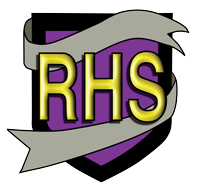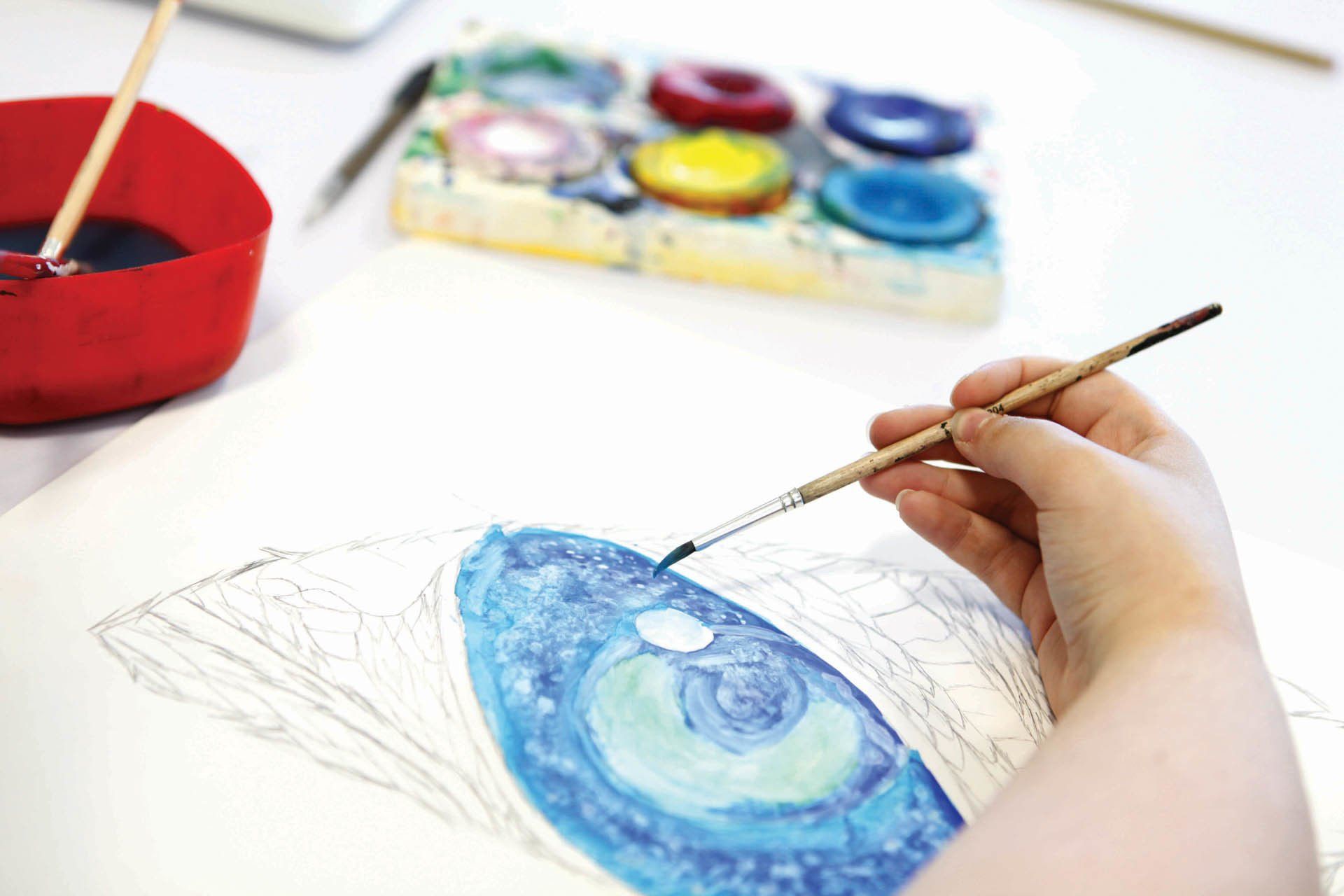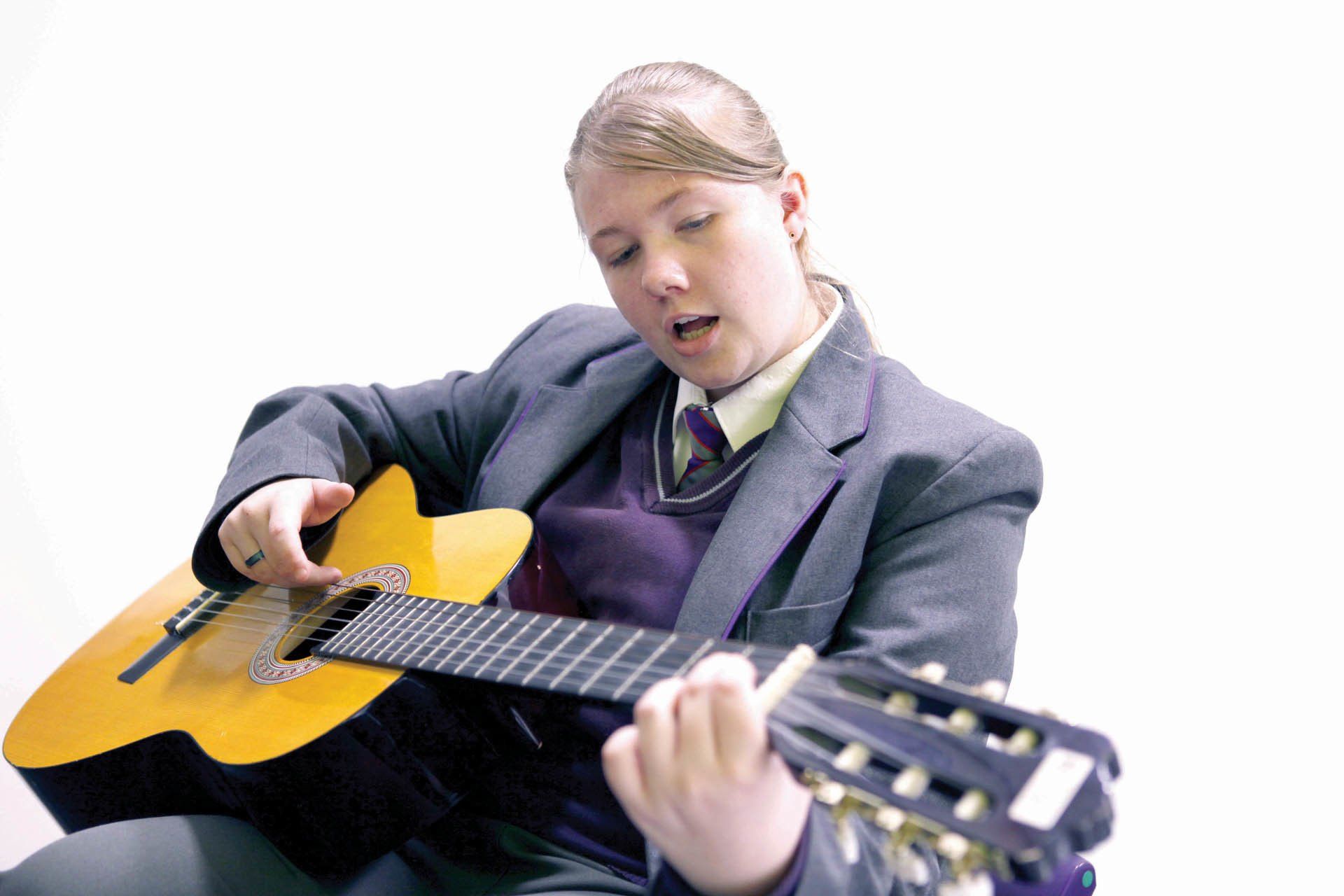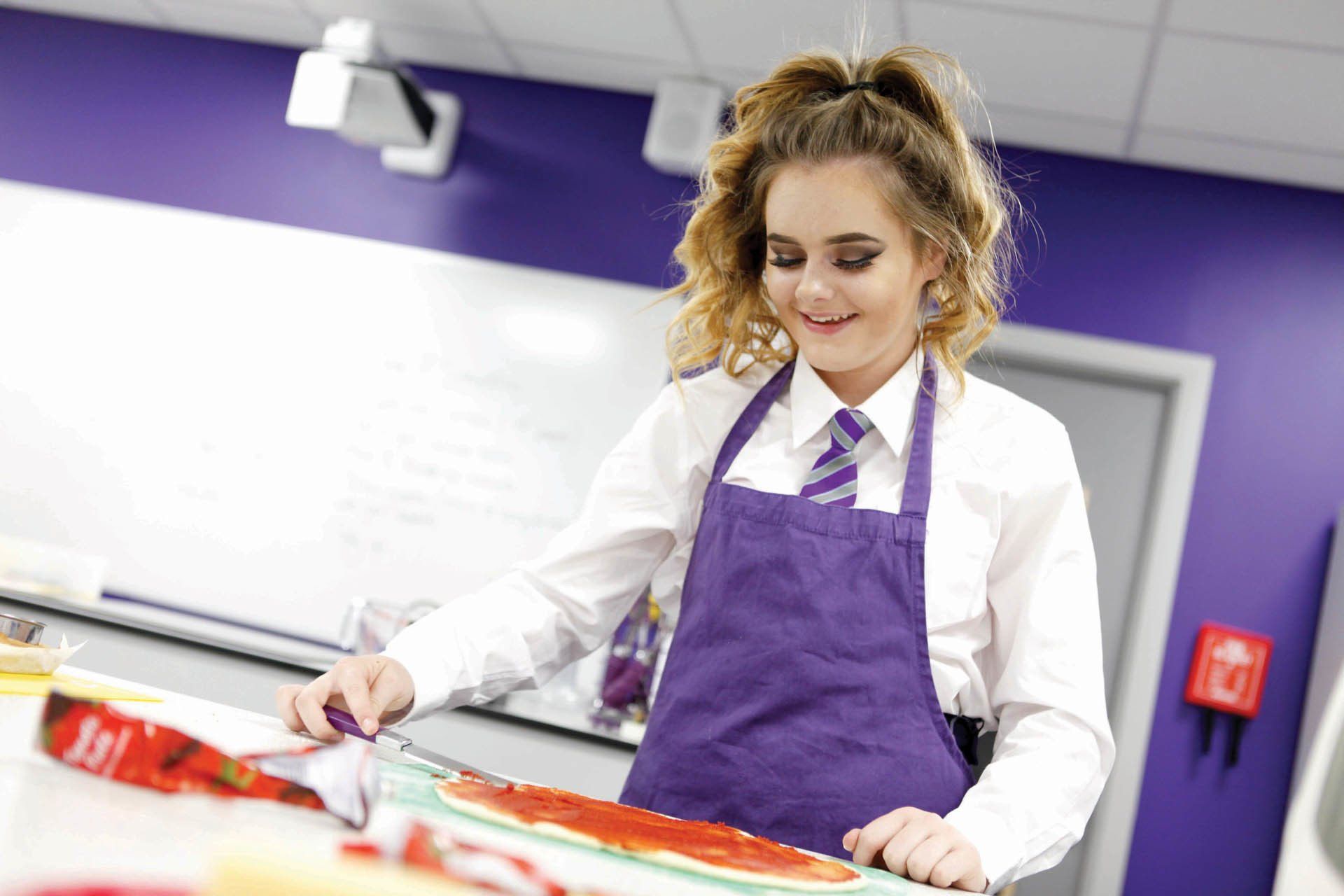Operation Encompass
- Statement in SafeGuarding Policy regarding Operation Encompass
- Newsletter re Encompass
- Letter to Parents re Operation Encompass
Safeguarding Leaflet - Please Click Here
Safeguarding and Promoting the Welfare of Children includes:
- Protecting children from abuse and neglect.
- Preventing impairment of their health or development.
- Ensuring they receive safe and effective care so as to enable them to have optimum life chances.
(All wales child protection procedures 2008 – Page 20)
Child Protection is a part of safeguarding and promoting welfare. This refers to the activity, which is undertaken to protect specific children who are suffering or are at risk of suffering significant harm as a result of abuse or neglect.
(All Wales Child protection procedures 2008 – Page 16)
Worried about a child
Abuse (physical, sexual, emotional) or neglect can have damaging effects on a child’s health, education attainment and emotional well-being. Some changes in a child’s behaviour may not necessarily indicate that a child is suffering abuse or neglect. In some cases those changes may be symptoms of a hidden disability, un-diagnosed medical condition or changes in medication. If whilst working with a child you become concerned about:
- Comments made by a child
- Marks or bruising on a child
- Changes in a child’s behaviour
- Home conditions or situations
- Appearance or dress
- Information shared by parents/carers about concerns relating to their child.
Please report these concerns to the designated safeguarding officer.
Disclosure by a Child:
Whilst this can be an alarming situation, it is important that you know what to do in such an eventuality and for you to be able to stay calm and controlled.
- Listen to what is being said without displaying shock or disbelief. Accept what is being said.
- Allow the child to talk freely, listen rather than ask direct questions.
- Re-assure the child, but do not make promises that may not be possible to keep.
- Do not promise confidentiality but explain to the child that you have to tell the appropriate person in order that you can help them.
- Do not interrogate the child or ask leading questions.
- Re-assure the child that it is not their fault.
- Stress that it was right to tell.
- Make them aware that their disclosure will be reported only to those that need to know and can help.
- Record details of the disclosure immediately, including wherever possible the exact words used by the child. Sign and date the record.
- Report your concerns and give your written record to the Designated Safeguarding Co-ordinator to enable the matter to be dealt with in the most appropriate way.
- Be aware of your own feelings about abuse and find someone you can share your feelings with once the procedures have been completed.
It is important to remember the children’s details and names must remain confidential and any discussion that you feel you need to undertake does not allow the child to be identified to anyone else.
Volunteers / Visitors Responsibility
All those who come into contact with children through their everyday work whether paid or voluntary are responsible for their own actions and behaviour. You avoid any contact which would lead to any reasonable person to question your motivation and intention. At Rhyl High School we all have a duty to safeguard and promote the welfare of our children.
Identity Badges
All visitors within Rhyl high School must wear a visitors badge received from Reception. Any adults without a badge will be challenged.
DBS Certificates
All staff, including supply staff, regular visitors and volunteers are subject to Disclosure and Barring Service (DBS) certificates. This is to help ensure that unsuitable people are prevented from working with children. Advice about DBS certificates is available from the school office.
Allegations
- Any allegations should be reported to the Designated Safeguarding Officer.
- If the concerns are about the Safeguarding Officer, please inform the Headteacher.
What do I do?
- If you think a child has been abused or is at risk of suffering abuse don’t ignore or forget it.
- Contact the school office and ask to speak to one of the Designated Safeguarding Officers or e mail the school via concerns@rhylhigh.co.uk
- Fill in the record of concern form available from the resource room or the main admin office.
Take this to Ceri Ellis. If she is not available to Rebecca Pace.
We are committed to safeguarding and meeting the needs of all our children.
Whole School Designated Safeguarding Lead: Ceri Ellis, Acting Headteacher
Deputy Leads: Rebecca Pace ,Assistant Head, Elliot Morris, Aaron Ratcliffe
The RHS School Governors with responsibility for safeguarding are Cassy Taylor and Samantha Naylor
The Chair of Governors at RHS is Mike Harris.
Everyone has a responsibility to make sure that children within Rhyl High School are safe.
PLEASE DO NOT:
Decide to do nothing or leave our school without telling anyone.
For further information please refer to:
- The School’s Safeguarding and Child Protection Policy.
- Safeguarding Leaflet for Visitors
- Welsh Government Guidance
- Parents/Carers Guide to Social Media
- Parents/Carers Guide to sharing information/images online





